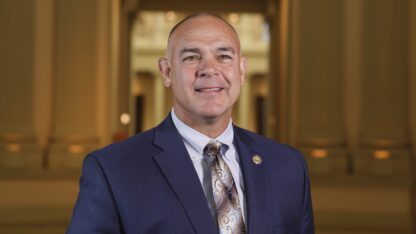The callow croon over a pulsating beat, the massed harmonies in the chorus, the lyrics about partying that name-check Katy Perry and include a wistful wish for a nameless girl to kiss the singer — this is boy-band music at its newest and its most timeless. The five young guys who comprise One Direction are single-minded. That is, their album Up All Night is stuffed with potential hit singles, each one a song conceived as instantly catchy fluff that holds up to repeated listens, whether heard as a download, in performance on TV or over the radio.
Questions of authenticity go out the window when grappling with this group. One Direction is an almost comical example of artificiality and commercial imperatives. Each of the five members (Niall Horan, Liam Payne, Zayn Malik, Harry Styles and Louis Tomlinson) was an individual contestant on the British TV talent show The X Factor. Nicole Scherzinger — a guest judge on the U.K. version of the show at the time — almost whimsically suggested that the five band together to form a vocal group, and they did it. One Direction was subsequently signed to the record company owned by X Factor producer-judge Simon Cowell, and sent into the recording studio with producers who’d crafted hits for Britney Spears, Lady Gaga, Carrie Underwood and The Backstreet Boys. And it all worked: These kids sound terrific.
Here in America, there’s a market for this kind of clean-cut music that’s currently exploited primarily by Justin Bieber. But Bieber is getting older and trying to make his Justin Timberlake hip-hop evolution. One Direction, meanwhile, is sliding right into that sweet spot in which songs about telling girls they’re beautiful, and that all you’d like to do is spend the night talking to them, is a pathway to mass adoration. About as adventurous as One Direction gets on this album is a song called “I Want,” which sounds a bit like an undiscovered early work by Freddie Mercury’s Queen.
9(MDAxODM0MDY4MDEyMTY4NDA3MzI3YjkzMw004))






